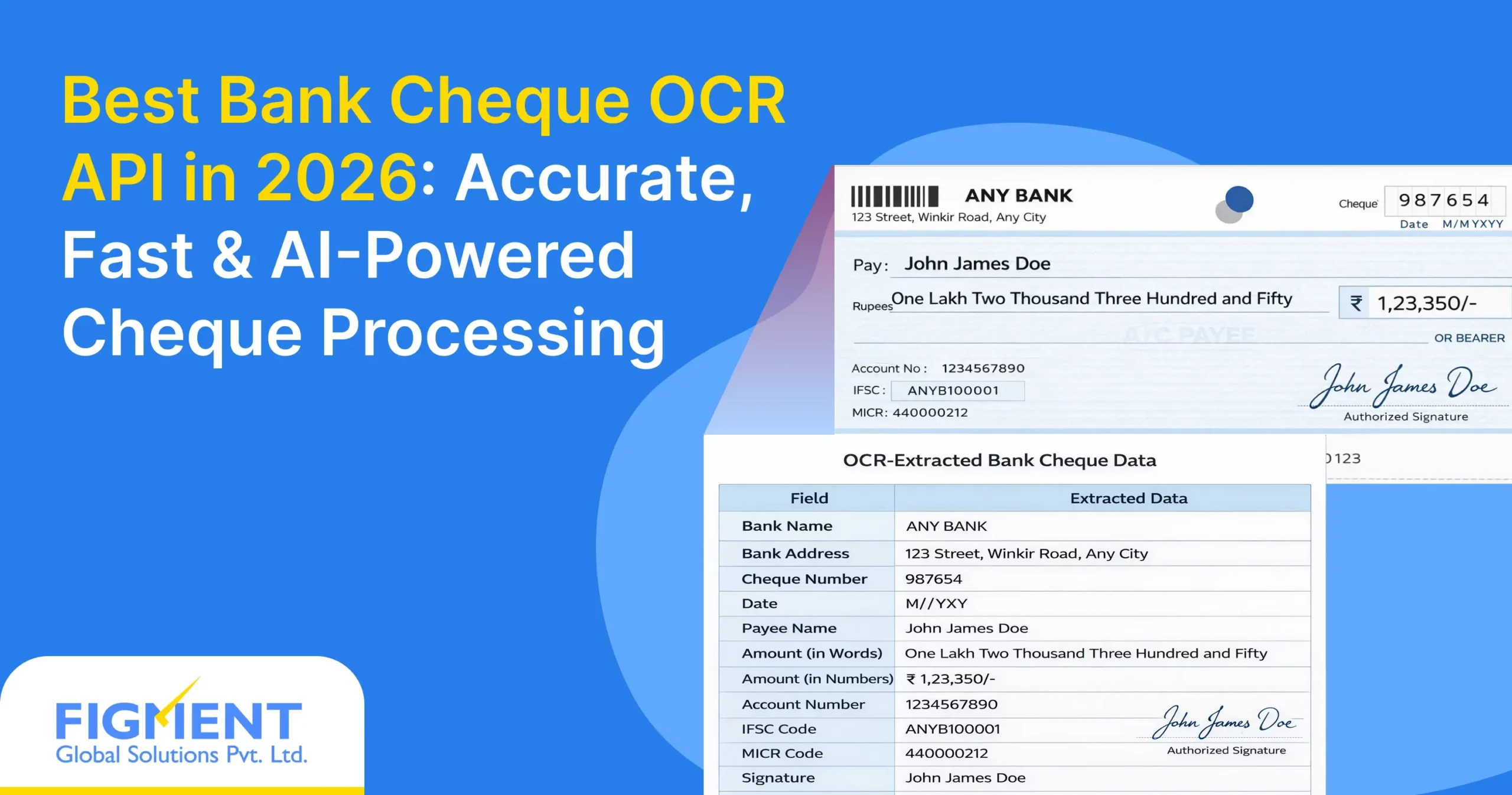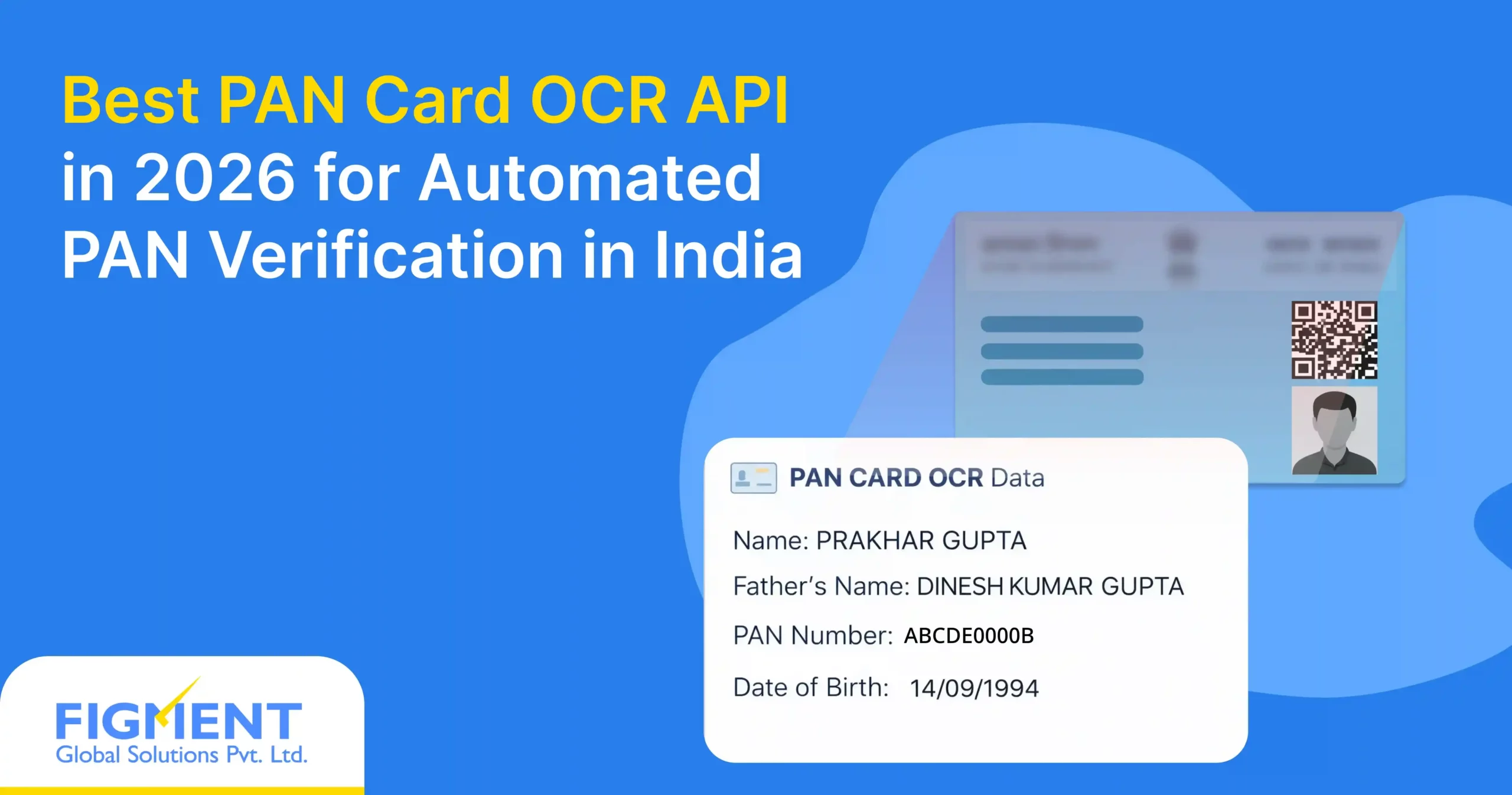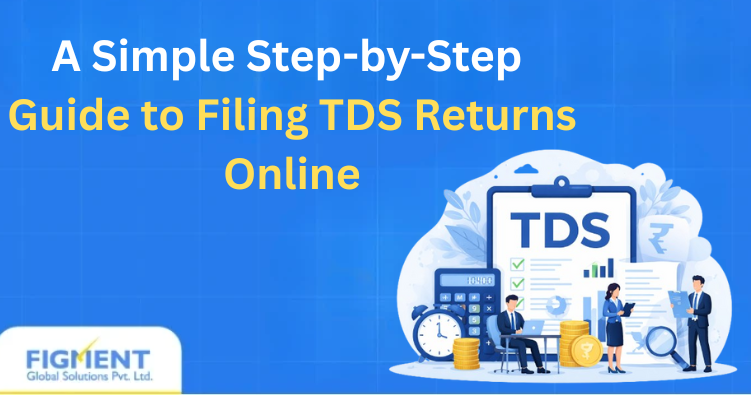Understanding TDS and TCS in the Context of Cooperative Banks
1.What is TDS?
TDS (Tax Deducted at Source) is a mechanism where a certain percentage of tax is deducted from the income of an individual or entity at the time of payment, such as salary, interest, dividends, or contract payments. The deducted amount is remitted to the government on behalf of the payee.
2. What is TCS?
TCS (Tax Collected at Source) is a system where the seller collects tax at the time of sale of goods or services. This is applicable to specified goods or services, where the seller has the responsibility of collecting tax from the buyer and depositing it with the government.
In cooperative banks, both TDS and TCS obligations arise in various transactions, particularly in payments related to interest, rent, fees, and certain types of goods and services.
Key Provisions for TDS Compliance in Cooperative Banks
Cooperative banks are required to comply with TDS provisions under the Income Tax Act, 1961. Some common situations where TDS is applicable include:
1. Interest on Fixed Deposits and Savings Accounts:
TDS is deducted on interest paid to customers on fixed deposits (FDs) and savings accounts. If the interest exceeds ₹50,000 (₹1,00,000 for senior citizens) in a financial year, the bank is required to deduct TDS under section 194A.
2. Salaries:
TDS is applicable to salaries paid to employees of the cooperative bank. The bank must calculate the income of each employee and deduct the tax as per the applicable income tax slab.
3. Payments to Contractors:
If the cooperative bank is making payments to contractors, it must deduct TDS under section 194C. If the payment to contractors exceeds ₹1,00,000 in a financial year bank needs to deduct TDS is 1% for an Individual/HUF and 2% for Others.
4. Professional Fees:
Banks that pay fees for professionals must deduct TDS under section 194J. If the fees for professionals exceed ₹50,000 in a financial year, the rate of TDS is 10% for Professional services and 2% for technical services.
5. TDS on Rent:
If the cooperative bank is paying rent to property owners, it must deduct TDS under section 194I. If the rent exceeds ₹50,000 per month, the rate of TDS for rent payments is 10% for land/building and 2% for machinery/equipment.
6. TDS on Commission and Brokerage:
Banks that pay commission or brokerage to individuals or entities must deduct TDS under section 194H. If the commission or brokerage exceeds ₹20,000 in a financial year, the bank needs to deduct TDS at 2%.
7. TDS on Payment to Non-Residents:
Cooperative banks that make payments to non-residents, such as interest or royalty payments, need to comply with section 195, which involves higher rates of TDS.
8. TDS on Cash Withdrawal:
Co-operative banks must deduct TDS at 2% under Section 194N on cash withdrawals exceeding ₹1 crore in a financial year. If the person has not filed income tax returns for the last 3 years (Section 194NF), TDS applies at 2% for withdrawals above ₹20 lakh up to ₹1 crore, and at 5% for amounts exceeding ₹1 crore. For co-operative societies not covered by the first proviso (Section 194NC), TDS is 2% on withdrawals exceeding ₹3 crore. If such co-operative societies are non-filers (Section 194NFT), TDS is 2% for withdrawals above ₹20 lakh up to ₹3 crore, and 5% beyond ₹3 crore.
TCS Compliance in Cooperative Banks
While TDS pertains to the deduction of tax at source on payments made by the bank, TCS relates to the collection of tax at the time of sale or transfer of certain goods or services. Some scenarios for TCS in cooperative banks include:
1. Sale of Scrap (Section 206C):
Cooperative banks, in cases where they sell scrap or waste material, must collect TCS from the buyer at the rate of 1% under section 206C.
2. TCS on Sale of Goods:
TCS is applicable on the sale of certain goods like liquor, timber, and forest produce, under section 206C. The rate of TCS varies based on the type of goods and the buyer’s status.
3. TCS on Foreign Remittances:
Banks involved in handling foreign remittances, including money transfers and outward remittances, must comply with TCS provisions under section 206C(1G), which mandates the collection of tax on remittances made outside India.
4. Sale of Car:
When a cooperative bank sells a car to a buyer, it must collect TCS at the rate of 1% under section 206C(1F), provided the value of the car exceeds ₹10 lakh.
TDS and TCS Filing Procedures
For cooperative banks, it is crucial to file TDS and TCS returns regularly to ensure compliance with the Income Tax Act. Below are the filing procedures:
1. TDS Return Filing:
TDS returns must be filed quarterly. The bank must file Form 24Q for salary-related TDS, Form 26Q for non-salary-related TDS, and Form 27Q for non-resident TDS.
2. TCS Return Filing:
TCS returns are also filed quarterly using Form 27EQ.
3. TDS/TCS Payment:
The deducted/collected amount must be deposited with the government by the 7th of the following month (except in March, where the due date is 30th April). The payment is made through the designated Challan 281.
4. TDS/TCS Certificates:
After deducting TDS, cooperative banks must issue TDS certificates to their clients. Similarly, after collecting TCS, the bank must issue Form 27D to the buyer.
Understanding PACS Exemption in Co-operative Societies
As per Section 194A(3)(viia)(a) of the Income Tax Act, read with CBDT Notification No. 7/2015 dated 12.01.2015, no TDS is required to be deducted by banks on interest paid to Primary Agricultural Credit Societies (PACS) or Primary Co-operative Agricultural and Rural Development Banks (PCARDBs). This exemption applies only when the interest is paid or credited to such notified institutions.
Best Practices for Ensuring Compliance
As tax consultants, we recommend the following best practices for cooperative banks to ensure smooth TDS and TCS compliances:
1. Maintain Proper Records:
Keep detailed records of all TDS/TCS transactions, including payments made, receipts received, and certificates issued.
2. Regular Monitoring of TDS and TCS Rates:
Ensure that the applicable TDS/TCS rates are updated based on the latest provisions of the Income Tax Act.
3. Training Staff:
Educate staff involved in tax deduction and collection processes about the importance of compliance.
4. Timely Filing and Payment:
File returns and pay taxes on time to avoid penalties and interest charges for late payment.
5. Use of Technology:
Implement automated systems to track TDS and TCS obligations, issue certificates, and generate reports for compliance.
Conclusion
TDS and TCS compliances in cooperative banks can be complex, but with proper understanding and regular monitoring, banks can avoid penalties and ensure smooth operations. As tax consultants, it is crucial to stay updated with the latest tax laws and assist cooperative banks in meeting their tax obligations on time.
By following best practices, maintaining accurate records, and filing returns promptly, cooperative banks can remain compliant with TDS and TCS provisions, ensuring smooth financial transactions and avoiding unnecessary scrutiny from tax authorities.







